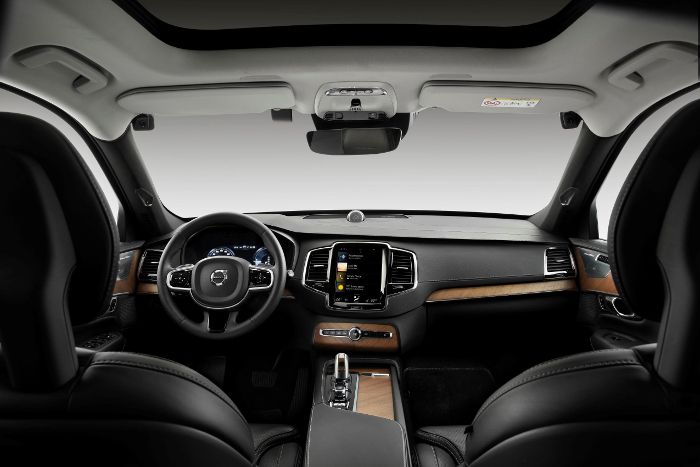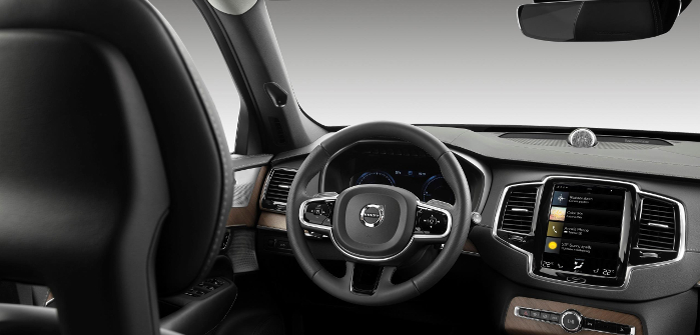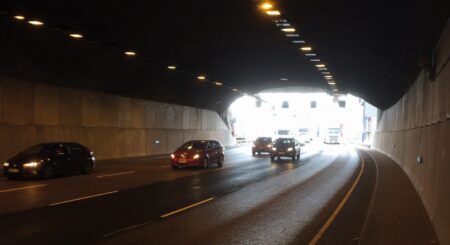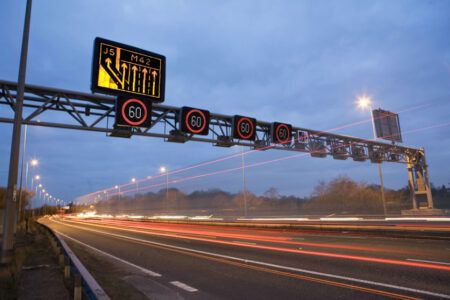Volvo Cars has revealed a new step in its long-term ambitions to end fatalities in its cars by addressing the issues of intoxication and distraction through the use of in-car monitoring systems.
Last week, Volvo announced that from 2020, it will limit the top speed on all its cars to 112mph (180km/h) to highlight the dangers of speeding. The company is now addressing the issues of intoxication and distraction, which are two other primary areas of concern for traffic safety.
Together, these three areas constitute the main ‘gaps’ toward Volvo’s vision of a future with zero traffic fatalities, and require a focus on human behavior in the company’s safety work as well. The company notes that figures from the NHTSA show that in the USA, almost 30% of all traffic fatalities in vehicles in 2017 involved intoxicated drivers.
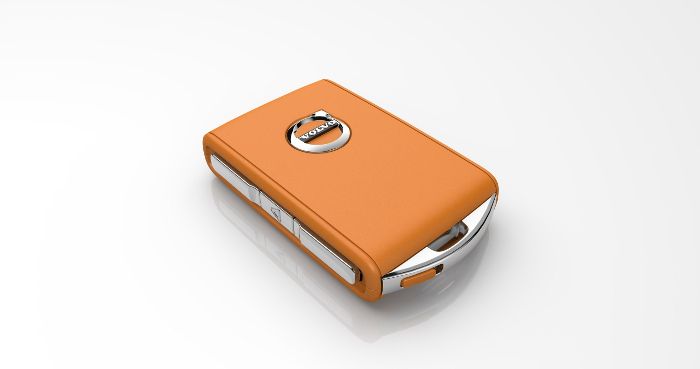 The Swedish auto maker believes intoxication and distraction should be addressed by installing in-car cameras and other sensors that monitor the driver and allow the car to intervene if a clearly intoxicated or distracted driver does not respond to warning signals and is risking an accident involving serious injury or death.
The Swedish auto maker believes intoxication and distraction should be addressed by installing in-car cameras and other sensors that monitor the driver and allow the car to intervene if a clearly intoxicated or distracted driver does not respond to warning signals and is risking an accident involving serious injury or death.
That intervention could involve limiting the car’s speed, alerting the Volvo On Call assistance service and, as a final course of action, actively slowing down and safely parking the car. Examples of poor driving behavior include a complete lack of steering input for extended periods of time, drivers who are detected to have their eyes closed or off the road for extended periods of time, as well as extreme weaving across lanes or excessively slow reaction times.
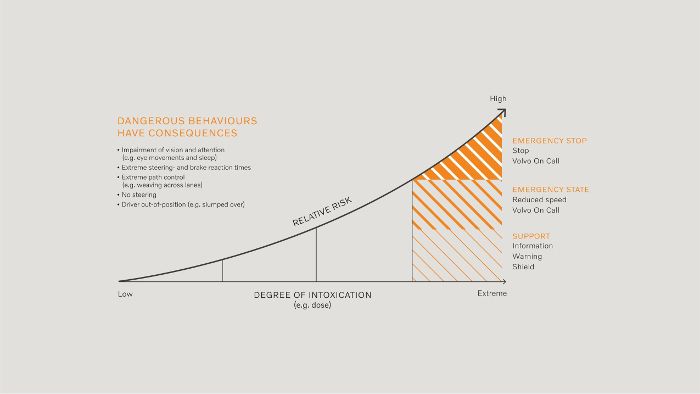 Introduction of the cameras on all Volvo models will start on the next generation of its scalable SPA2 vehicle platform in the early 2020s. Details on the exact number of cameras and their positioning in the interior will follow at a later stage. Volvo says this type of driver-monitoring system is an important element of allowing the car to actively make decisions in order to help avoid accidents that could result in severe injuries or death.
Introduction of the cameras on all Volvo models will start on the next generation of its scalable SPA2 vehicle platform in the early 2020s. Details on the exact number of cameras and their positioning in the interior will follow at a later stage. Volvo says this type of driver-monitoring system is an important element of allowing the car to actively make decisions in order to help avoid accidents that could result in severe injuries or death.
The company wants to start a conversation about whether auto makers have the right, or maybe even the obligation, to install technology in cars that changes their drivers’ behavior. Both the speed limiter and the installation of in-car cameras illustrate how manufacturers can take active responsibility for the aim of achieving zero traffic fatalities by supporting better driver behavior.
The company has also revealed the Care Key, which allows Volvo drivers to impose limitations on the car’s top speed on all cars from model year 2021. The Care Key allows owners to set a speed limit for themselves or before lending it to other family members, friends or younger and inexperienced drivers, such as teenagers that have only just received their license.
“When it comes to safety, our aim is to avoid accidents altogether rather than limit the impact when an accident is imminent and unavoidable,” said Henrik Green, SVP for research and development at Volvo Cars. “In this case, cameras will monitor for behavior that may lead to serious injury or death.”
